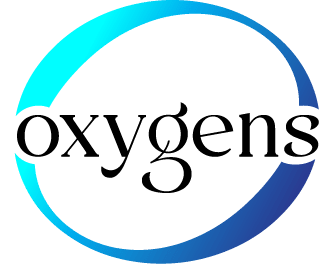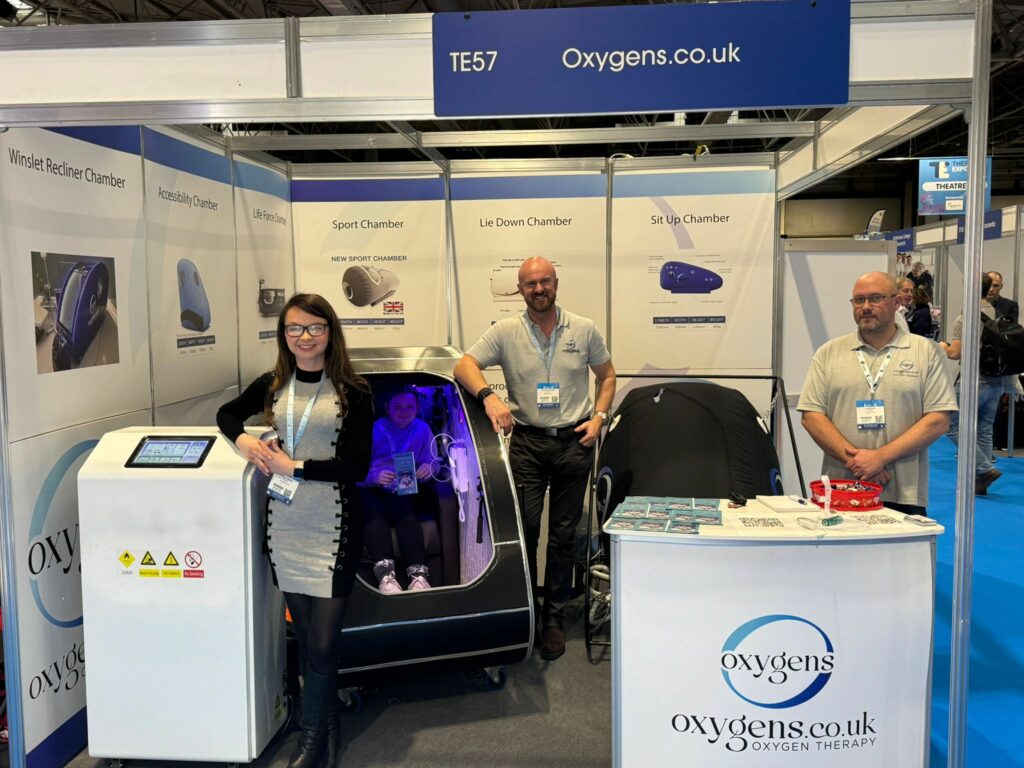Hyperbaric Oxygen Therapy (HBOT) has gained attention for its potential therapeutic benefits across various health concerns. Recent studies have shed light on its emerging applications and efficacy. Here’s an overview of some notable latest research findings from the last year:
1. Emerging Indications for HBOT: Case reviews
A comprehensive study from the Journal of Intensive Care Medicine reviewed literature – analysing case reports and case series that examined the effectiveness of HBOT in various clinical scenarios:
- Post-COVID-19 Condition (PCC): HBOT offers promising adjunctive treatment for severe COVID-19 by targeting key pathophysiological processes such as hypoxemia, inflammation and oxidative stress.
These findings highlight HBOT’s potential beyond traditional applications.
2. Hyperbaric Oxygen Therapy Increases Fitness in the Elderly
A randomised controlled trial investigated the effects of a 12-week HBOT regimen on elderly individuals’ cardiorespiratory fitness. The latest research results demonstrated:
- Enhanced VO₂Max: Participants showed significant improvements in maximal oxygen uptake, a key indicator of cardiovascular health.
- Increased Cardiac Perfusion: HBOT was associated with increased blood flow to heart tissues, potentially supporting overall heart health.
These outcomes suggest HBOT’s promise as an anti-aging intervention.
3. Hyperbaric Oxygen Therapy: Future Prospects in Regenerative Therapy and Anti-Aging
An article published in 2025 explores HBOT’s potential in regenerative medicine and anti-aging. The discussion centers on:
- Regenerative Potential: HBOT’s ability to promote tissue repair and regeneration.
- Anti-Aging Effects: Potential benefits in slowing aging processes and improving overall vitality.
4. Hyperbaric Oxygen Therapy to Support Brain Health:
- Brain injury: improvements in depression, headaches, PTSD symptoms and quality of life.
- Parkinson’s disease: An interesting anecdotal account was published by People Magazine in March, 2025 and can be found here. With Ed Bedgley Junior stating he “always felt better on the way out” (of the HBOT session).
- HBOT for brain health review: This latest research review for treating neurological and psychological disorders found the molecular changes HBOT supports collectively contribute to enhanced neuroplasticity, improved cognitive function, and better clinical outcomes in conditions such as TBI, PTSD, fibromyalgia, and post-stroke depression. Clinically, these effects translate into improved recovery, cognitive performance, and quality of life in patients with persistent neurological and psychiatric disorders.
This latest research underscores HBOT’s versatility in addressing diverse health challenges.
A recent systematic review and meta-analysis aimed to evaluate the effectiveness of hyperbaric oxygen therapy (HBOT) in treating autism spectrum disorders (ASD) in children and adolescents. Despite ongoing debate about HBOT’s effectiveness, the study found moderately large, significant improvements in several core and specific symptoms of autism. Analysing 17 studies involving 890 participants, the review revealed that HBOT had a notable impact on reducing the core symptoms of autism, as well as improving communication, cognitive awareness, and behaviour. The meta-analysis showed substantial improvements, with significant reductions in the severity of core symptoms (SMD = −0.66) and improvements in communication (SMD = −0.88), cognitive awareness (SMD = −0.93), and behaviour (SMD = −0.80).
Although the results suggest promising benefits, the study noted several limitations, including the poor quality and high heterogeneity of the included studies. The authors emphasised the need for future high-quality, rigorously designed trials to confirm the efficacy of HBOT and to develop standardised treatment protocols for autism.
While this systematic review provides valuable insight into HBOT’s potential as an intervention for autism, further research is essential to solidify its role in clinical practice and to better understand the underlying mechanisms at play.
Conclusion
Some of the latest research studies reinforce HBOT’s expanding role in modern medicine, offering potential benefits across various health conditions. However, it’s essential to approach HBOT as a complementary treatment, integrating it with established medical practices. Consulting with healthcare professionals is crucial before considering HBOT to ensure its suitability for individual health needs.
Contact us for more information.


